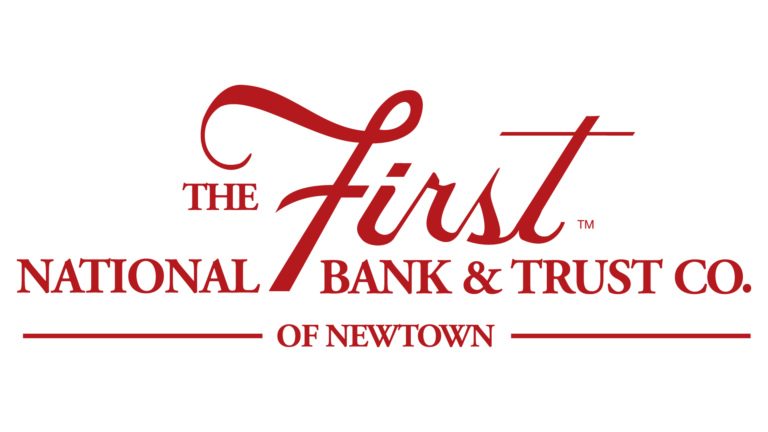Financial papers can really stack up, but most people aren’t comfortable throwing away documents they might need later for a tax audit or to make a case in a billing dispute. And nobody wants discarded financial documents to be stolen by identity thieves. So which documents should we save and how do we safely dispose of financial papers we no longer need?
How long should I hang on to financial documents?
Deciding when to shred financial documents depends largely on the documents themselves. Bank statements should be kept for at least one year or until they’re no longer needed to prepare income tax forms. Income tax records of all kinds should be kept for seven years. Hang on to receipts for big ticket items like TVs or Washing Machines until you sell the items or give them away.
To Shred or Not to Shred?
That’s a good question. Shred any document you need to discard, but wouldn’t want stolen by identity thieves. You can shred credit card statements once the bill is paid off or when you no longer need the statements for tax purposes. Another candidate for the shredder is monthly investment statements. These can be shredded once you receive your annual statement or sell the investment. When you receive your updated Social Security statement online, it’s safe to shred your old statement.
The Keepers.
Hold on to loan documents until you sell the item you used the loan to buy. Life insurance policies should be kept forever and your will should only be discarded if/when you draw up a newer version.
The First is doubling its free shredding capacity at two new events.
Keeping your financial records organized sometimes means cutting through the clutter. That’s why The First hosts several free shredding events each year. Upcoming events are scheduled for Saturday, May 3 and Saturday, September 27, from 9 a.m. to 11 a.m. at Bucks County Community College. Secure on-site shredding will be provided by TITAN Mobile Shredding. This service will be for personal documents only and limited to four boxes per vehicle. See you there!








